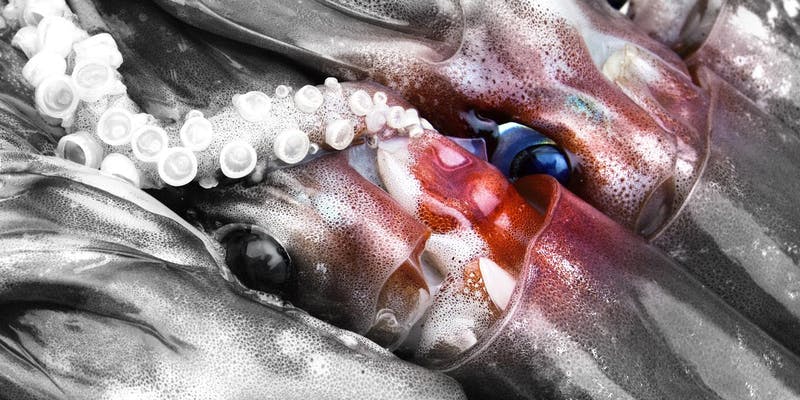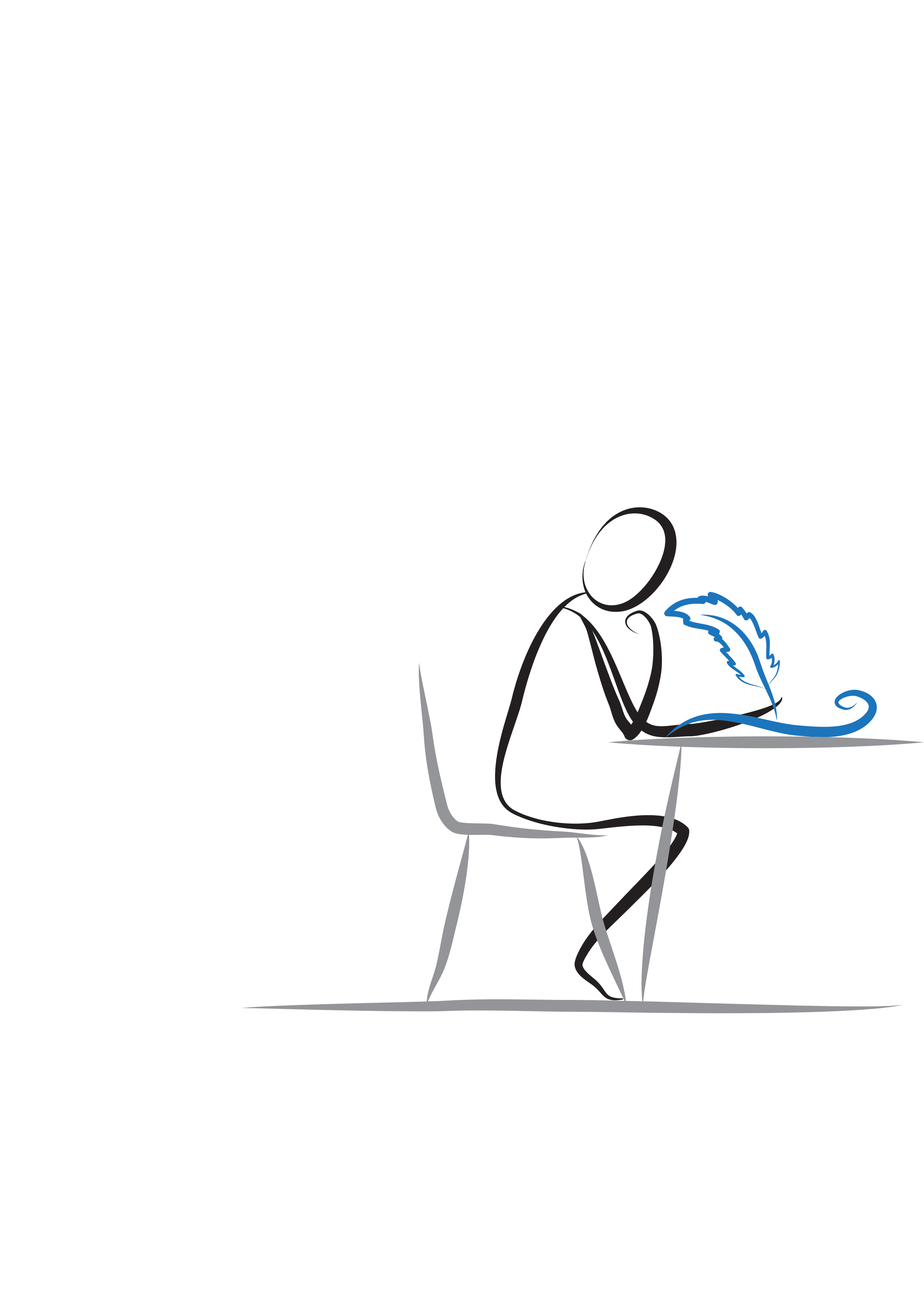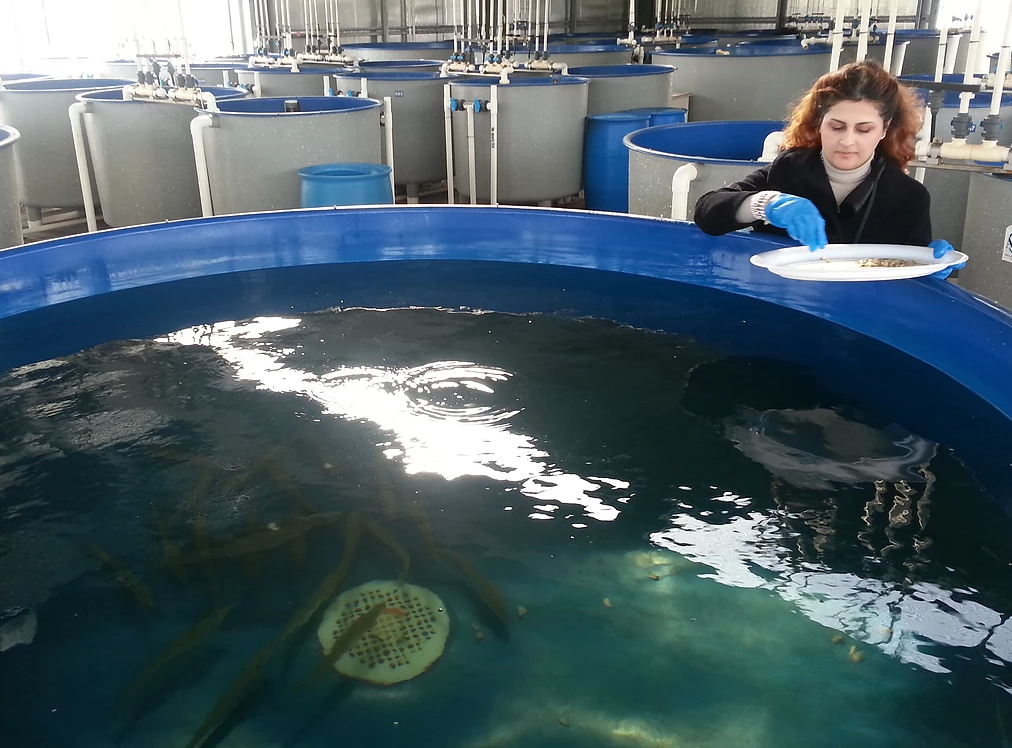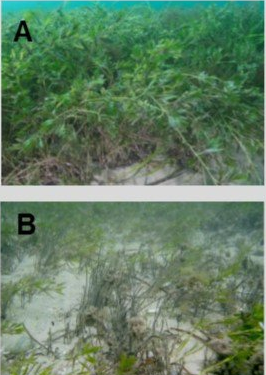BLOGS WEBSITE
TAG: Dr Zoe Doubleday
Research Tuesdays: Protecting the Catch
Seafood has been a key dietary component for hundreds of millions of people for a long time. But the global ‘catch’ is under pressure. With the world’s population predicted to reach 9.6 billion by 2050, seafood demand is set to skyrocket. Yet, according to the United Nations’ Food and Agriculture Organization, almost 90% of fish stocks […]
Comments Off on Research Tuesdays: Protecting the Catch
How can we assess human impacts on coastal ecosystems?
There are many ways in which human activities can negatively affect marine environments, as we discuss in our new paper published in the journal Scientific Reports. We use the oceans to support industry (e.g. fishing, shipping, tourism) as well as for recreation (e.g. boating, fishing, diving, beach activities). The things we do on land can […]
Comments Off on How can we assess human impacts on coastal ecosystems?
Sea Snails adapt to extreme acidity levels, living in CO2 vent off NZ
New research published today in Current Biology describes a species of gastropod (sea snail) which lives in very acidic water near a CO2 vent in the southwest Pacific near New Zealand. This is the first instance of Sea snails growing in such acidic conditions, which is more than 30 times higher than normal seawater. Sea snails grow their […]
Comments Off on Sea Snails adapt to extreme acidity levels, living in CO2 vent off NZ
Seminar: The other side of scientific writing
The other side of scientific writing: increasing reader engagement and readership Publications are the universal currency for communication among scientists. But they are generally composed of dense, uninspiring language that can be laborious to wade through and difficult to understand. While objectivity and scholarship are cornerstones of scientific writing, there is another ingredient that is […]
Comments Off on Seminar: The other side of scientific writing
Guest Post: How King George Whiting have the potential to adapt to climate change.
A new study published in The Journal of Fish Ecology was lead by PhD candidate Nastaran Mazloum. The work featured contributions by Dr Zoe Doubleday and Professor Bronwyn Gillanders from the Southern Seas Ecology Laboratory within the Environment Institute, in collaboration with the University of Texas. The work investigated whether the swimming speeds of a fish are […]
Comments Off on Guest Post: How King George Whiting have the potential to adapt to climate change.
Sean Connell series: Can we predict tipping points for ecosystem collapse?
Professor Sean Connell, Dr Zoe Doubleday, Jonathon Leung and Samuel Owens from the Southern Seas Ecology Laboratory within the Environment Institute have published a new paper in Conservation Biology. Their collaboration with SARDI, CQ University, UNSW, Norwegian Institute for Water Research, The University of Hong Kong investigated whether the way we view “healthy” ecosystems is not entirely accurate, […]
Comments Off on Sean Connell series: Can we predict tipping points for ecosystem collapse?
Podcast: Stories told by old bones and shells
The Sound of Science spoke with marine biologist Dr Zoe Doubleday from the University of Adelaide about her research using hard calcified tissues, such as bones, shells and teeth of marine and fresh water animals to gain a better understanding of how those animals lived, how they are affected by changes in their environment, and how […]
Comments Off on Podcast: Stories told by old bones and shells







